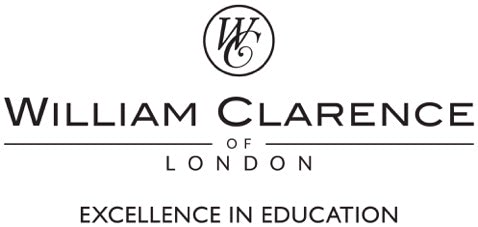William Clarence Education vows to tackle the threats facing the UK’s Independent School Sector

The Managing Director of the leading London Education Consultancy made a new statement this week concerning some of the headwinds facing independent institutions in the UK and pledged to be part of the solution.
Changes in economic policy, changes in government, rising fees, loss of jobs; just some of the challenges that are set to batter the UK’s increasingly-vulnerable independent school sector in the coming months and years. Figures from the Independent Schools Council (ISC) reveal that fees were up by 3.3% in 2018 and rising – surpassing the rate of inflation.
As a result, the average fee for a top public school is now in excess of £17,000, with boarding school fees skyrocketing to up to £33,000 per year – a rise of 50% over the last decade. With wages largely-stagnant and the global economy uncertain, Stephen Spriggs, Managing Director of William Clarence Education, fears that the very best of British education could soon be nothing more than a pipedream for many families.
Mr Spriggs commented:
“It’s a Catch 22 scenario. Parents who are shelling out an exorbitant amount for private education want to see their money paying for top notch hockey pitches, modern drama studios, state-of-the-art science labs and well-stocked music departments. Schools are breaking the bank to provide all of this, which is why just one empty seat or bed can lead to financial crisis. Schools are businesses and, just like any business model, they must move with the times and become more efficient, business-focused and brand-led. This means a root-and-branch review of everything from how they improve their marginal cost per head, streamline their admissions process, address their competition, manage media campaigns, account for their marketing budget, use their bursary scheme to attract students and so on.”
Independent research conducted by William Clarence Education revealed that 42% of school admissions registrars and marketing directors in the independent school sector felt that their role in the school was under-valued and under-appreciated, while 73% felt that their school should allocate more budget to support marketing and student recruitment activity.
Stephen Spriggs also addressed the need for balance between domestic and international students. The ISC identified over 10% of private school pupils in the UK now come from overseas, with around a third of all boarders being international students.
Stephen Spriggs explained:
“I know of very good schools that have lost their appeal to British families because the classrooms are full of Chinese children. Statistics from the International Consultants for Education and Fairs (ICEF) report that nearly half of foreign students at ISC schools are from China and Hong Kong. The risks facing this already vulnerable sector are not just a concern for schools. Parents are also having to consider the what ifs, especially with the uncertainty of Brexit encouraging them to hold on to their money. For families who are stretched, it is more affordable to put all their money into buying a house near a good state school and pay for extra tuition as and when needed.”
Mr Spriggs warned against the use of a scattergun approach, targeting those with the deepest pockets, branding it a short-term solution and potentially damaging, opening schools and families up to further exploitation at the hands of unscrupulous education agencies.
William Clarence Education is undergoing a radical overhaul of its school services in 2019. The firm prides itself on its transparency, integrity and professionalism, and has never charged schools for the services it provides – whether they be a prep school or an elite university. Stephen Spriggs expressed the hope that the firm’s renewed approach and commitment to the school placement process will set a precedent and blueprint for both schools and agencies to move forward more ethically.











Responses